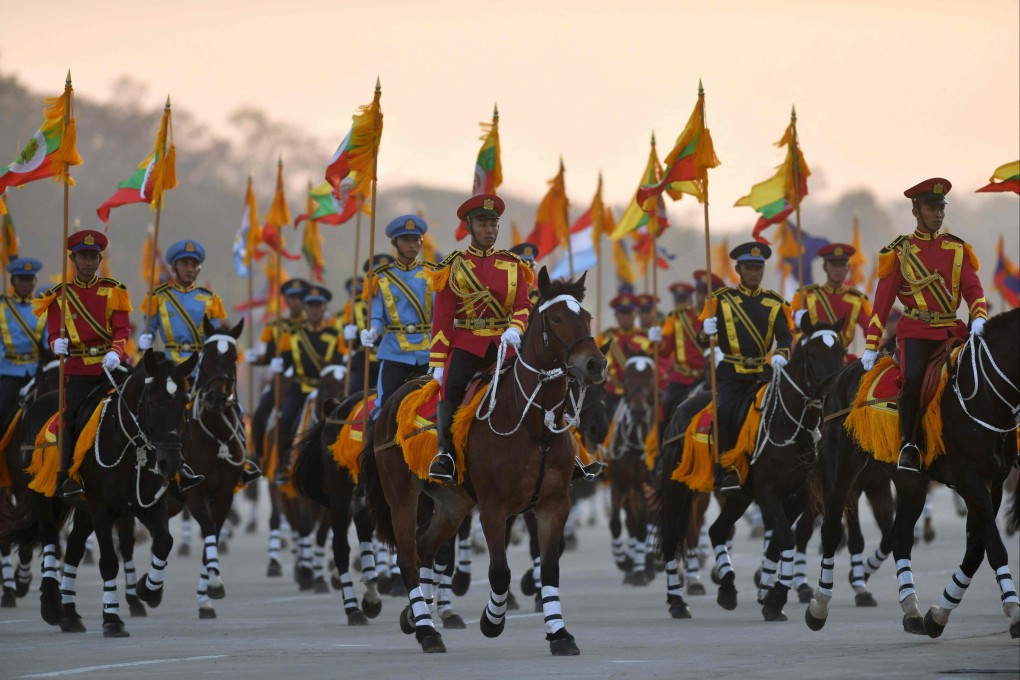Advertisement
Opinion | Post-coup Myanmar has not turned into a Chinese vassal state
- Many expected one of two outcomes for Myanmar following the military coup: isolation or functioning in China’s shadow. Neither has happened
3-MIN READ3-MIN

Three years ago, in the wake of a military coup that eviscerated Myanmar’s democratic experiment, many predicted that the army’s power grab implied profound future changes to Naypyidaw’s foreign policy. The presumption among a number of foreign policy analysts was that the divorce from the West and reimposition of various rounds of sanctions against the military-installed regime would deal a mortal blow to the increasingly diversified great power diplomacy pursued by Myanmar during the previous decade, leaving its generals with just one choice to make: isolation or functioning in China’s shadow.
With no end in sight to the civil war that ensued following the coup, those predictions have proven to be wrong.
The military takeover certainly took a harsh toll on Naypyidaw’s international relations. It erased the normalisation process with the United States and the European Union between 2011 and 2021 while also prompting a rift with the Association of Southeast Asian Nations. The brutal repression of domestic dissent that followed it led to the revival of Myanmar’s status as a “pariah” of international politics, further delegitimising the junta’s authority .
Advertisement
The putsch also set the stage for a battle for diplomatic recognition between the latter and the representatives of the ousted civilian regime, which gave birth to a shadow cabinet known as the National Unity Government. The international fallout of the coup significantly reduced Naypyidaw’s strategic options, as well as the pool of external partners that had contributed to its progressive reintegration into the global arena.
However, despite its disruptive impact, the army’s power grab did not alter the underlying logic that crafts Myanmar’s relationship with the outside world, nor did it pave the way for the twilight of the country’s historical non-aligned stance vis-à-vis great powers. Post-coup Myanmar is not truly isolated on the global stage, not even from the Western camp, considering that both India and Japan decided to defect from the Washington-led sanctions regime.
Advertisement
Moreover, Myanmar is not progressively turning into a Chinese vassal state. Rather, it can be argued that the coup and its dramatic aftermath damaged Sino-Myanmar relations by creating an atmosphere of mutual suspicion and distrust.
Advertisement
Select Voice
Select Speed
1.00x


